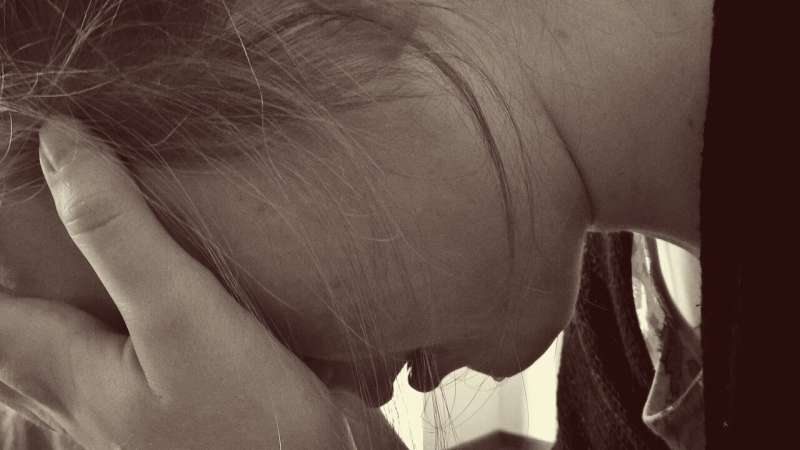This article has been reviewed according to Science X's editorial process and policies. Editors have highlighted the following attributes while ensuring the content's credibility:
fact-checked
trusted source
proofread
COVID-19 grief disorder rates 'higher than expected'

Cases of prolonged grief disorder among people bereaved during the COVID-19 pandemic are likely to be significantly higher than pre-pandemic, indicates new research from Cardiff University and the University of Bristol. The research, "Prolonged grief during and beyond the pandemic: Factors associated with levels of grief in a four time-point longitudinal survey of people bereaved in the first year of the COVID-19 pandemic," was published in Frontiers Public Health.
Prolonged grief disorder is a mental health condition which can develop caused by the death of someone close, such as a child or partner. It is most likely to occur after a violent or abrupt death.
In the first published longitudinal study of bereavement during the COVID-19 pandemic, the research team investigated the rates of prolonged grief disorder among a cohort of bereaved people.
The study surveyed 711 people bereaved in the UK during the first and second waves of the pandemic (between March 16, 2020 and January 2, 2021). The researchers followed up with the participants 13 months and 25 months after their bereavement. They found that rates of prolonged grief disorder were significantly higher than during pre-pandemic times.
Pre-pandemic estimates suggest around 10% of bereaved people experience prolonged grief disorder. The study found that during the pandemic over 35% of people who took part in the survey met the criteria for indicated prolonged grief disorder 13 months post-bereavement, and 29% of people met these criteria 25 months after their bereavement
Dr. Emily Harrop, Research Fellow from the Marie Curie Research Center at Cardiff University School of Medicine, said, "The COVID-19 pandemic has been a devastating and enduring mass-bereavement event, with uniquely difficult sets of circumstances experienced by people bereaved at this time.
"We wanted to understand more about the impact that these experiences have had on people, including how coping with and adjusting to a bereavement during the pandemic might be different to non-pandemic times."
Dr. Lucy Selman, Associate Professor from the Palliative and End of Life Care Research Group and the Center for Academic Primary Care at the University of Bristol, said, "We identified a number of factors strongly associated with an increased likelihood of experiencing prolonged grief disorder, including unexpected deaths, social isolation and loneliness in early bereavement, and a lack of social support over time.
"Feeling well supported by health care professionals following the death was associated with reduced levels of prolonged grief symptoms—so the support that professionals provide around the time of the death makes an important difference to processing a bereavement."
The research also found that people with lower levels of formal education were more likely to experience symptoms of prolonged grief disorder, suggesting poor outcomes among people experiencing social disadvantage.
"Our research not only helps us to understand how mass-bereavement events can impact grieving and mental health, but also has important implications for bereavement policy, provision and practice.
"This new understanding will be crucial in preparing for future pandemics and mass-bereavement events," added Dr. Harrop.
Based on their research findings, the team have just launched the new Grief Support Guide, which supports bereaved people by providing information on the different types of bereavement support available in the UK and how to access them. The Guide was developed in partnership with Marie Curie, the National Bereavement Alliance, the Good Grief Festival, and Compassionate Cymru.
More information: Prolonged grief during and beyond the pandemic: factors associated with levels of grief in a four time-point longitudinal survey of people bereaved in the first year of the COVID-19 pandemic, Frontiers Public Health (2023). DOI: 10.3389/fpubh.2023.121588. www.frontiersin.org/articles/1 … bh.2023.1215881/full





















